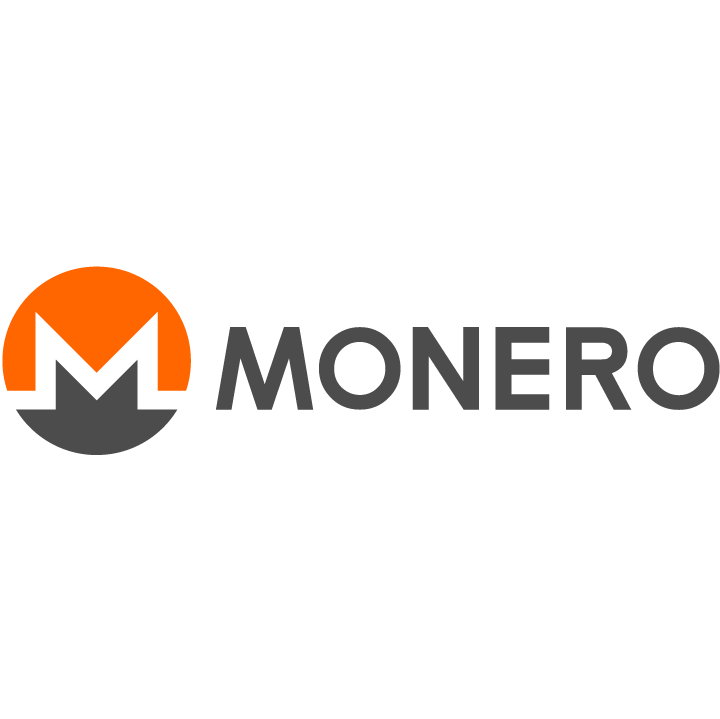Is It Legal to Mine Monero at Home?
Whether or not it is legal to mine Monero at home depends on the laws and regulations of your country or jurisdiction. While the technology behind cryptocurrencies and mining is legal in many countries, there may be specific regulations or restrictions that apply to mining activities.
Electricity Consumption
Energy Usage: Cryptocurrency mining, including Monero, is known to be energy-intensive. If your mining activities result in a substantial increase in electricity consumption, you could face scrutiny from local utility companies or regulators. It’s essential to be aware of any potential limitations or additional charges related to high energy usage.
Environmental Considerations: High energy consumption associated with mining can also have environmental consequences. In areas with strict environmental regulations, excessive energy use may be subject to scrutiny and limitations.
Home-Based Business Regulations
Depending on your jurisdiction, there may be regulations regarding home-based businesses that apply to mining activities. In some cases, you may need to register your mining activities as a business and pay taxes on any income earned.
Safety Regulations
Mining Monero requires specialized hardware that can generate heat and pose a fire hazard. In some countries, there may be regulations regarding electrical safety that apply to mining activities. It is important to check with your local authorities to ensure that your mining activities are in compliance with local regulations.
Data Privacy Regulations
Monero is a privacy-focused cryptocurrency that is designed to be untraceable. In some countries, there may be regulations regarding data privacy that apply to mining activities. It is important to check with your local authorities to ensure that your mining activities are in compliance with local regulations.
Local Legal Regulations
Jurisdiction Matters: The legality of mining Monero is primarily determined by your local laws and regulations. Different countries and regions have varying stances on cryptocurrency mining. Some may require licenses or permits, while others have no specific restrictions. It’s crucial to research and understand the legal framework in your area.
Property and Rental Agreements
Lease Agreements: If you are renting a property, your lease agreement may include clauses related to activities that significantly increase electricity usage. Mining activities could potentially conflict with these clauses, so a review of your rental agreement is essential to ensure compliance.
Tax Implications and Network Considerations
Tax Obligations: Mining Monero and earning XMR can have tax implications. Some jurisdictions treat cryptocurrency mining as a taxable activity, meaning you may be required to report and pay taxes on your mining earnings. Understanding the tax laws in your area is vital for compliance.
Noise, Internet Usage, and Disturbance: Home mining operations can generate noise and heat and put stress on your internet connection and local network. It’s important to consider any terms of service from your internet service provider regarding excessive usage. Additionally, noise and disturbances may affect neighbors, potentially leading to complaints or legal actions.
In conclusion, the legality of mining Monero at home is a multifaceted issue influenced by your location, energy usage, environmental impact, rental agreements, tax obligations, and potential disturbances. Researching and adhering to local laws and regulations is essential, as is understanding the potential consequences of your mining activities on your environment and community. Consulting with legal and tax professionals can help address any concerns about the legal aspects of home cryptocurrency mining in your area.
